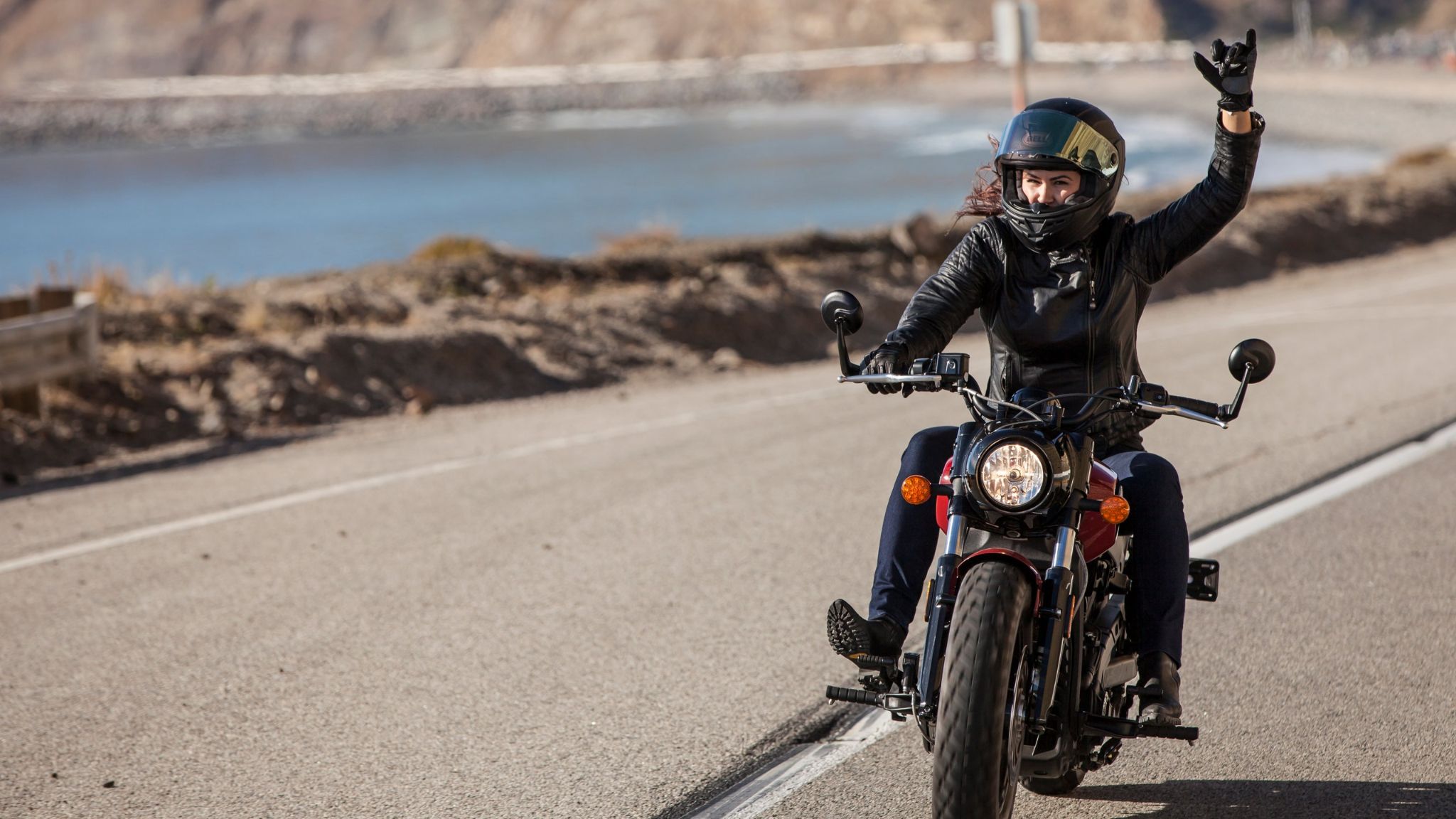Falls are among the most common causes of severe injury and death in the senior population. In this demographic, a simple fall can have serious consequences, leading to surgery, complications, and even death. The CDC notes that falls claimed the lives of 34,000 individuals over the age of 65 in 2019. If your parents are getting older, you may be concerned about the ages that are considered at the highest risk for slipping and falling in seniors.
The Over-65 Age Group Is Most At Risk
As individuals age through 65, 70, 80, and beyond, muscle strength, reaction time, and vision can all diminish, making normal movement more hazardous. Uneven sidewalks, bunched-area rugs, electrical cords, and other conditions can lead to falls that cause serious injury. Adult children begin to notice more instability in their parent’s movements that cause concern. But a number of safety measures can help to protect elders from slip and fall injuries.
Medical Conditions Can Increase the Risk of Slip and Fall Accidents
Osteoarthritis, neuropathy, and other conditions can make walking more difficult and footing less secure. If needed, a cane or walker may be needed to ensure that seniors can get around safely. Medications can also cause problems with dizziness and poor balance, so be aware of any changes in your parent’s sense of balance.
Tips For Helping Parents Avoid Slipping and Falling As They Age
Pay particular attention to footwear when shopping with elderly parents. Shoes should have non-slip soles and fit comfortably on the feet. Avoid backless shoes and slippers.
Kitchen and bathroom areas are prone to having water spills, so keeping a small mop on hand to wipe up spills can be important. Safety bars in the bathroom can be beneficial in bathrooms. Good lighting in hallways and bathrooms will prevent common nighttime falls. Know what medications your parent is taking and whether they experience dizziness or problems with balance. A change of medication may be necessary to safeguard the elder. Make sure parents receive regular eye exams to change prescriptions or detect eye disorders related to aging.
Hazards for slipping and falling can occur at any time, for people of all ages. As your parents age, you can gradually take a more proactive approach to prevent slip and fall accidents by reminding them about safe practices and by providing footwear and devices that help them to maintain a good balance as they go about their daily lives.














